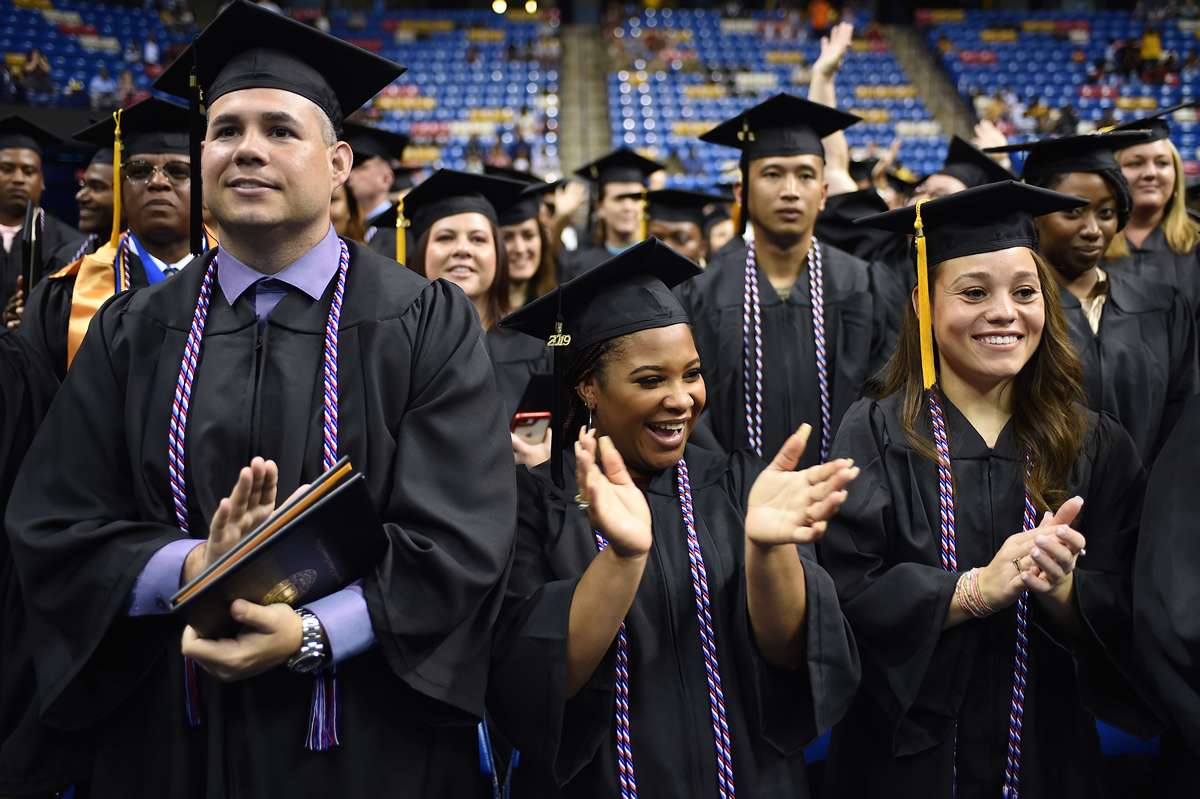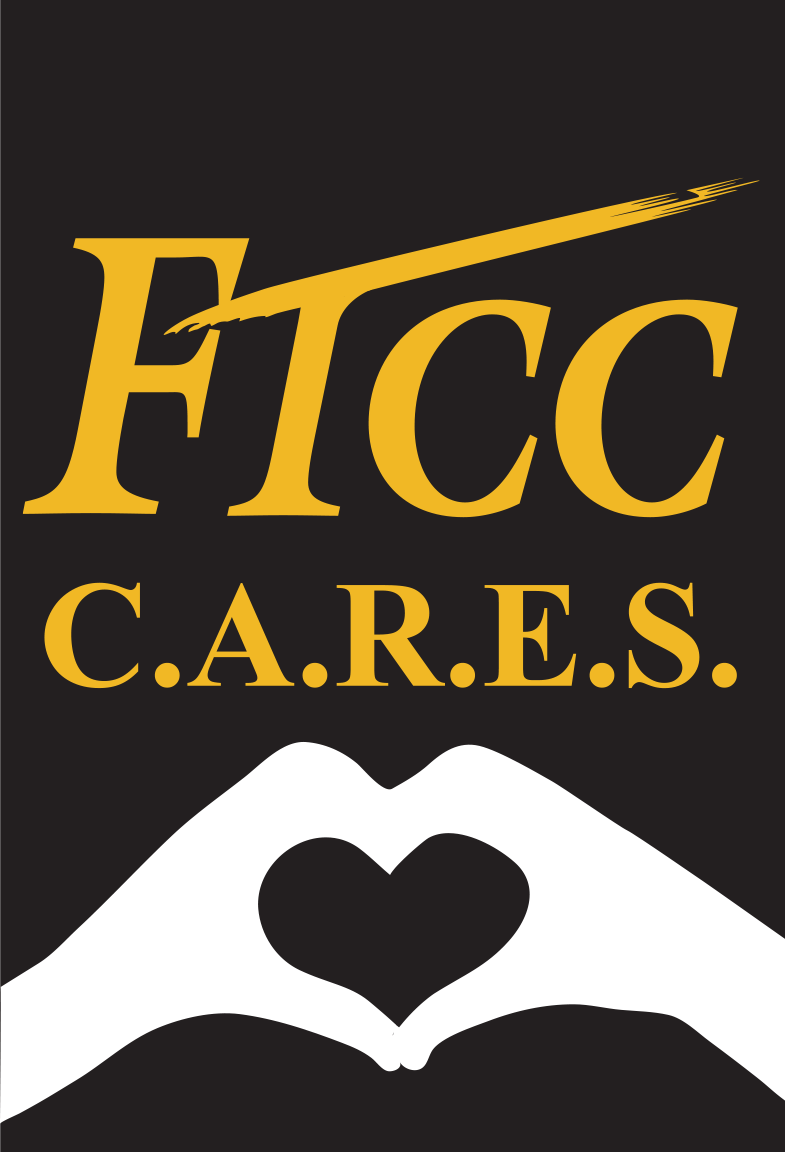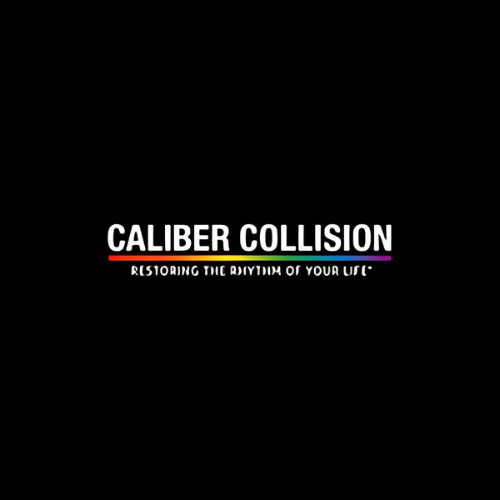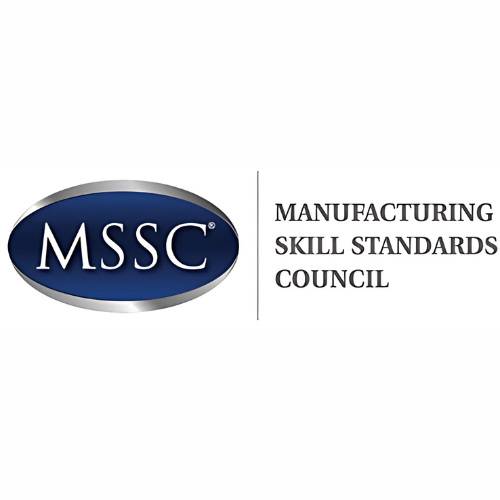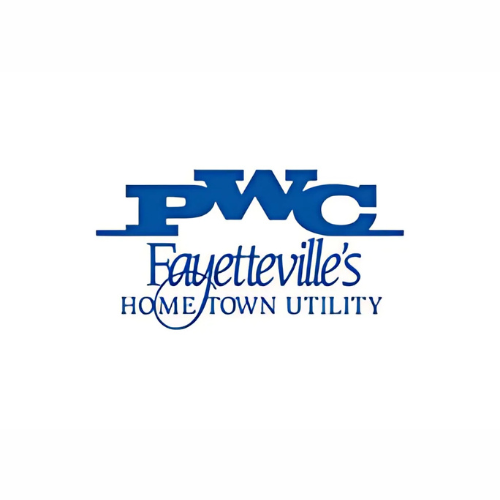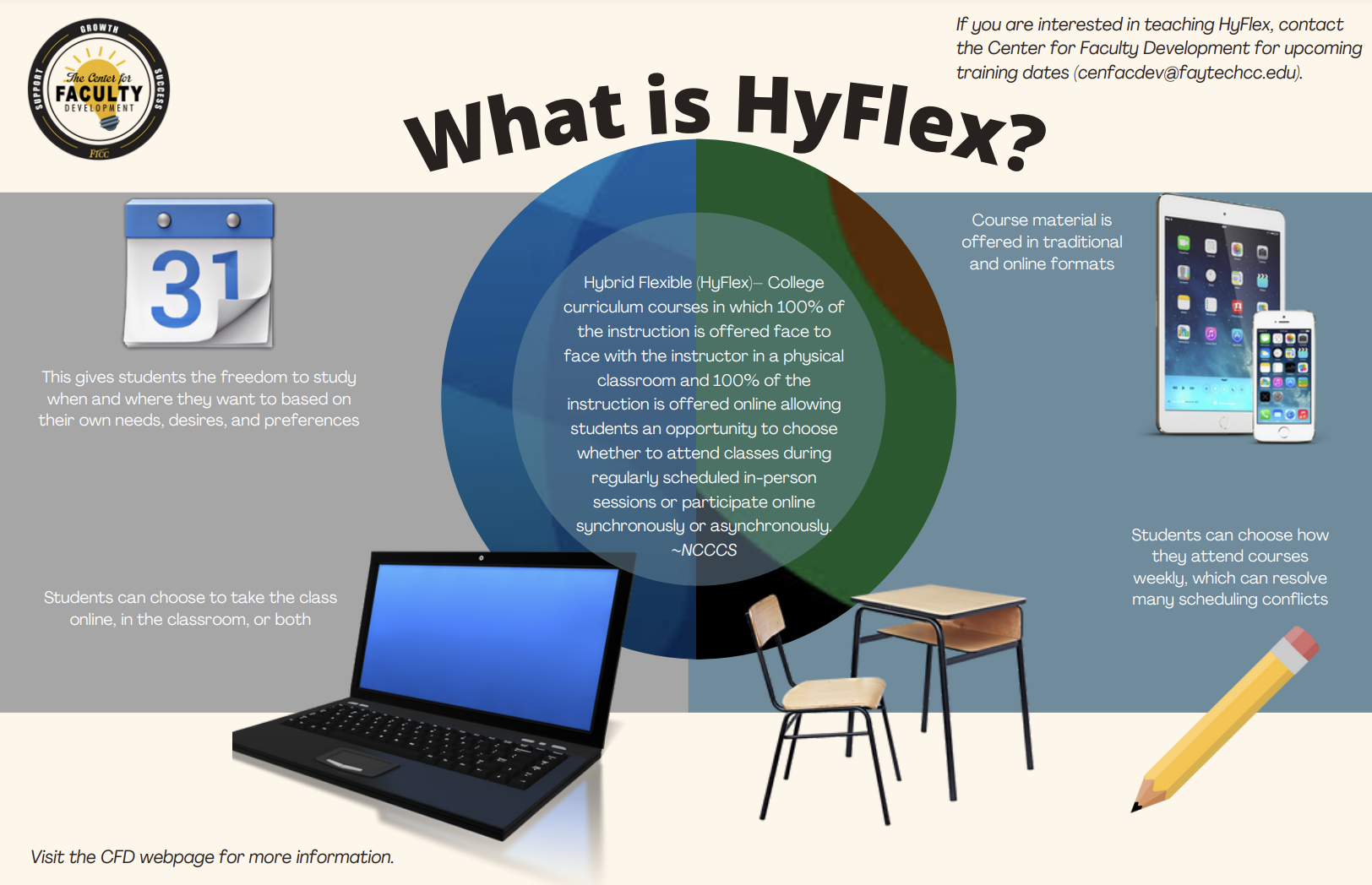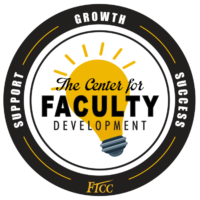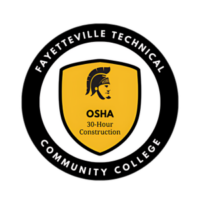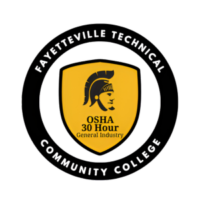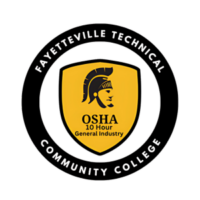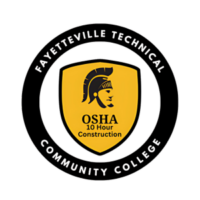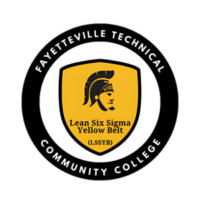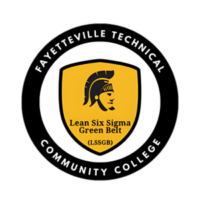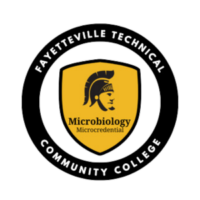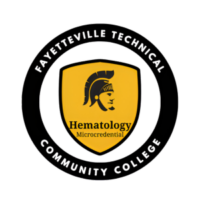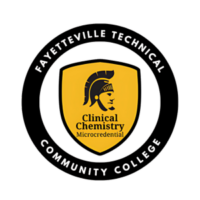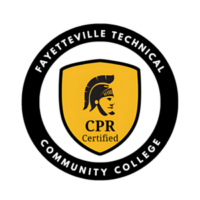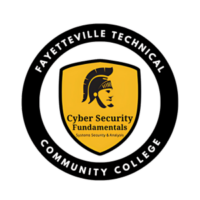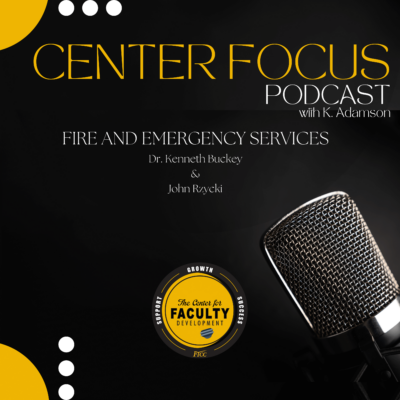The Quality Enhancement Plan
What is QEP?
- Southern Association of Colleges and Schools Commission on Colleges (SACSCOC) Reaffirmation Process
- Self Study – Early 2020
- Site Visit – October 5-8, 2020
- Quality Enhancement Plan (QEP)
- Topic identified through “ongoing, comprehensive, and evaluation process”
- Broad-based support and involvement of institutional constituencies
- Focuses on improving student learning outcomes and/or student successes
- Resources committed for implementation and completion
- Assessment plan
QEP Components
Strategic Plan
- Institutional Goal 1: Increase the number of students earning degrees, diplomas, and/or certificates by responding to student and community needs and successfully preparing students for transfer to continue their education and/or their career goals
- Institutional Goal 2: Establish a culture of quality customer service and continuous improvement
- Institutional Goal 3: Ensure fiscal responsibility, accountability and financial stability
- Institutional Goal 4: Focus on improving the economic mobility of citizens in Cumberland County, and the region, through workforce preparedness that aligns with business needs supporting economic development initiatives
Enrollment Trends
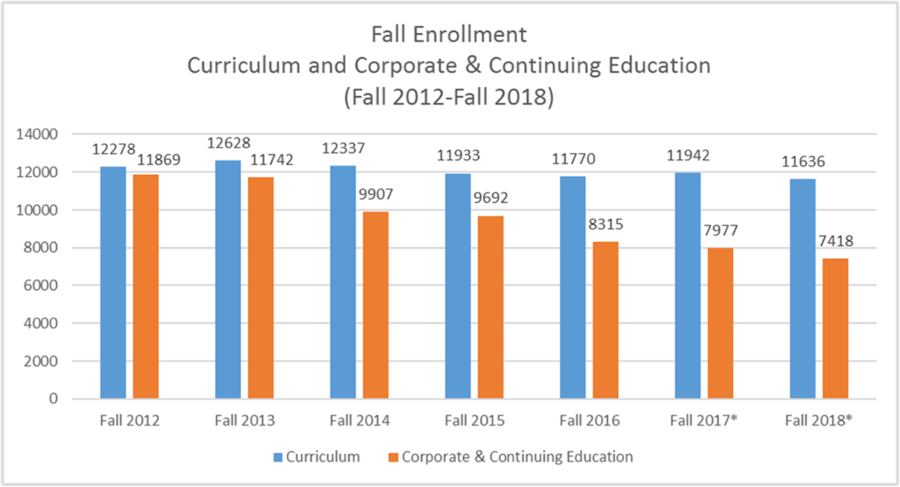
New Curriculum Students

First Year Progression Rates

O’Banion’s Academic Advising Model
- Exploration of life goals
- Exploration of vocational goals
- Program choice
- Course choice
- Course scheduling
What increases student success?
- Student successes increases when:
- Expectations are clear and consistent
- Colleges provide support for students and students are aware of the support available
- Students feel engaged with and valued by the college community
- Students can relate to and identify the value in the education they receive (Tinto, 1999)
- Advising plays a role in at least three of the four
What are students saying?
- Center for Community College Engagement Surveys
- Almost 25% have never met with their advisor
- 51% are only somewhat satisfied or not satisfied at all with interaction with advisor
- Many only discussed course scheduling with advisor
- About 25% discussed balancing outside responsibilities with a realistic course load
Intentional Advising & Focus
FTCC will create a culture of intentional advising and focused career counseling.
- Coaching
- Advising
- Realizing
- Engaging
- Succeeding
Goal, Outcomes & Measures
- Goal
- Redesign the advising process for new students that includes career planning, clear pathways, and appreciative advising practices to promote student success
- Student Learning Outcomes
- Students will identify and select a career pathway based on their life goal.
- Students will create an academic plan to support their chosen pathway.
- Students will demonstrate measurable progress towards their chosen pathway.
- Students will demonstrate satisfactory academic progress towards their chosen pathway.
- Measures
- Fall to Spring persistence
- Fall to Fall retention
- Program completion/graduation
Initiatives
- Career counseling prior to selecting major or prior to first term registration
- Success coach approach to counseling
- Team approach to advising/interaction between success coaches and advisors
- Advisor and counselor training
- Distinction between advising and registration
- Mode of delivery options for advising (face-to-face, email, phone, Collaborate, group sessions)
- Assigned advisor in each division for students whose advisor is unavailable
Suggestions
- Advising Syllabus
- Advising Center in Tony Rand Student Center (TRSC)
- Resource guide for each division
- Advisor Training
- Mandatory
- Blackboard
- Division specific modules
- Advising “Ambassadors”
Help Us Help Our Students
- How can we improve advising?
- What should be included in the training?

